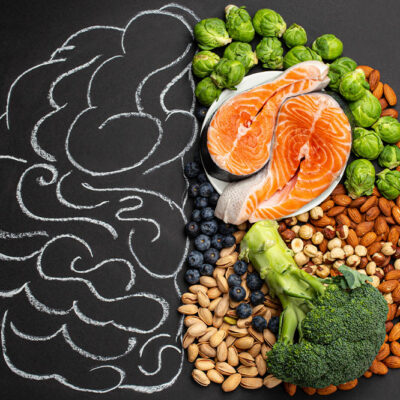
health
4 foods that weaken the bones
It is no exaggeration to say that, at least biologically, people are what they eat. Bone health, especially, depends heavily on what one consumes. Certain foods, such as milk, soya beans, walnuts, salmon, broccoli, and spinach, strengthen one’s bones and joints. On the flip side, certain foods are terrible for the bones, making them brittle, porous, and vulnerable to damage. Some of the worst foods for the bones are listed here. Salt As much as salt benefits one’s health as a stabilizer and an antibacterial agent, excessive salt consumption saps the calcium from one’s bones over time. For instance, nutritionists believe that one loses approximately 40 milligrams of calcium for every 2,300 milligrams of sodium consumed. Sodium is one of the worst elements possible in this regard. Hence any foods containing it will be detrimental to one’s bone health. Excessive salt is usually found in canned vegetables, frozen meals, canned soup, store-bought baked goods, and other processed and over-packaged edibles. To counter such an excessive intake of salt, one can avoid processed food entirely, consume home-cooked meals, and control their salt content. Coffee Like sodium, caffeine also takes out calcium from all the bones in the body, making them brittle.
Read More 









